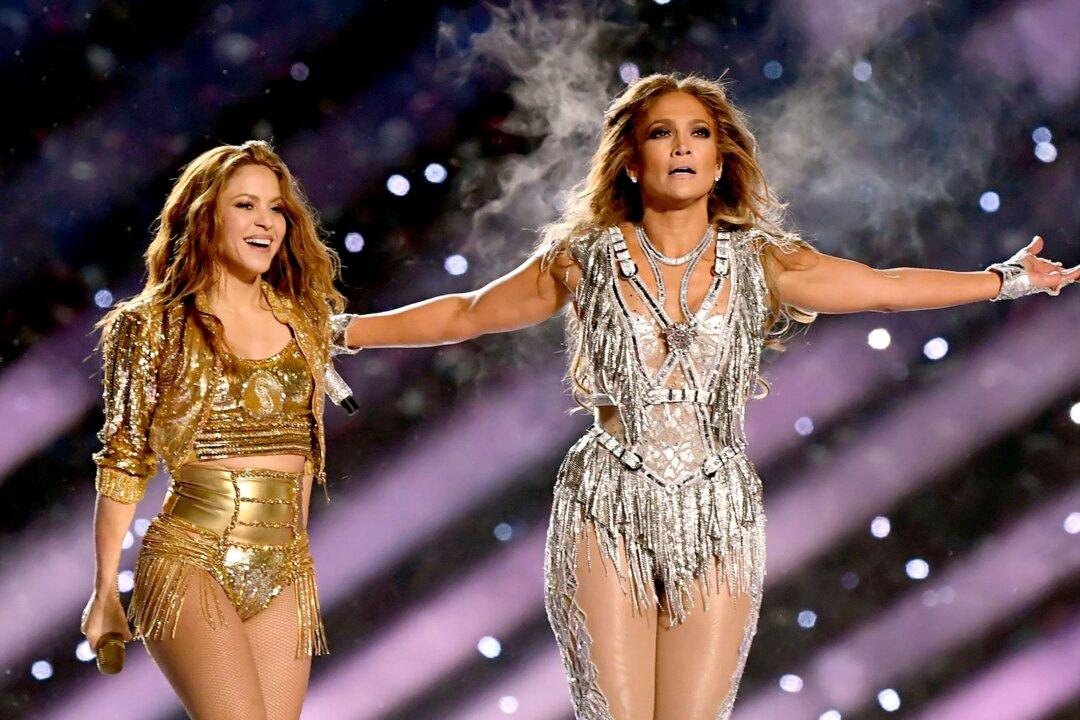Commentary
It’s 2020, and by now we realize women can do and be many things—smart, sexy, brave, beautiful, courageous, intelligent, empathetic, hard-working ...

It’s 2020, and by now we realize women can do and be many things—smart, sexy, brave, beautiful, courageous, intelligent, empathetic, hard-working ...